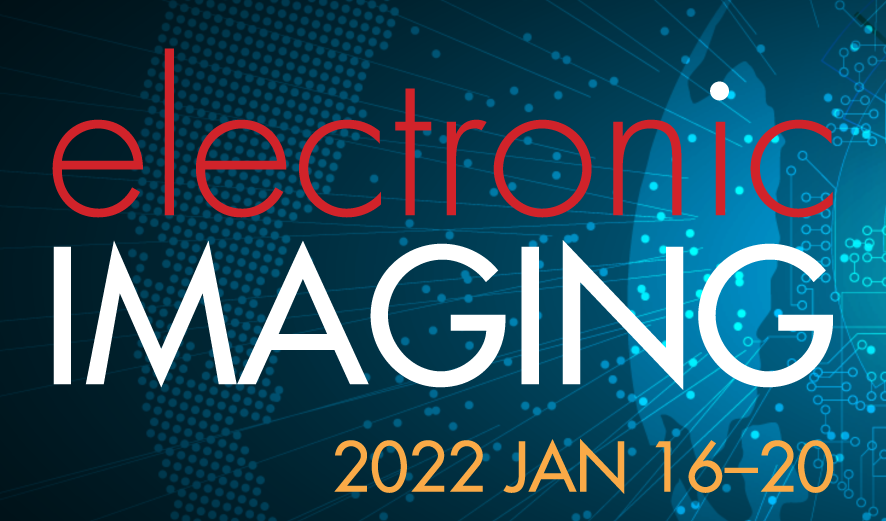
Machine learning for scientific imaging is a rapidly growing area of research used to characterize physical, material, chemical, and biological processes in both large and small scale scientific experiments. Physics inspired machine learning differs from more general machine learning research in that it emphasizes quantitative reproducibility and the incorporation of physical models. ML methods used for scientific imaging typically incorporate physics-based imaging processes or physics-based models of the underlying data. These models can be based on partial differential equations (PDEs), integral equations, symmetries or other regularity conditions in two or more dimensions. Physics aware models enhance the ability of the ML methods to generalize and robustly operate in the presence of modeling error, incomplete data, and measurement uncertainty. Contributions to the conference are solicited on topics ranging from fundamental theoretical advances to detailed implementations and novel applications for scientific discovery.
"Machine Learning for Scientific Imaging 2022 Conference Overview and Papers Program" in Proc. IS&T Int’l. Symp. on Electronic Imaging: Machine Learning for Scientific Imaging, 2022, pp - , https://doi.org/10.2352/EI.2022.34.5.MLSI-A05
